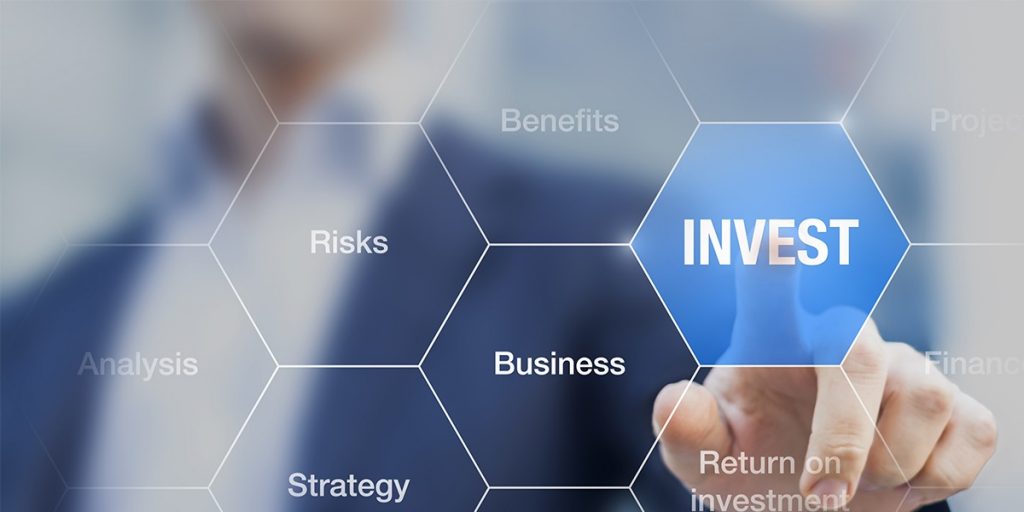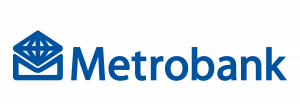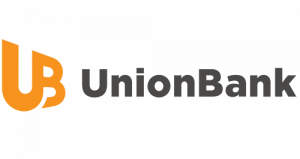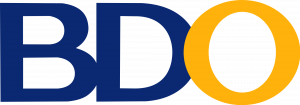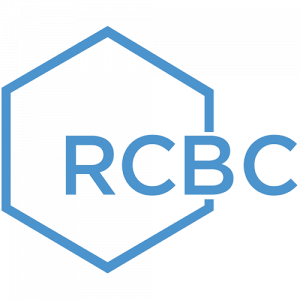Your Checklist before Investing
Investing is considered a must these days for you to have a comfortable life ahead. There are many forms of investments and are easily accessible more than ever. They allow you to let your money work for you while managing your other revenue or income streams. While most forms of investment are straightforward, successful investing requires an adequate amount of financial and knowledge preparation. Are you ready to invest? Check out this investment checklist to know.
Why do I need a checklist?
The investment industry is relatively easy, but there are always risks. You can gain massive profits in time, but there is also a chance that you can lose big time. The markets that we will discuss have their risks. Some are high-risk but tend to have growth and give you higher profits, others are just on the median range, and some are low-risk and have steady growth as these are considered conservative investments. The market you choose will depend on your risk appetite, and this checklist should be your safety net if or when your investments go plunging.
Things to consider before investing
Emergency fund
It’s liquid money set aside for unforeseen expenditures such as:
- minor medical expenses
- car repairs
- home repairs
- appliances replacement
- unemployment
- unexpected debt
Included on the list are only some of the possible hindrances you might encounter towards reaching your financial goal. Having that said, every emergency fund should be easily withdrawable and away from any risk and volatility so that it maintains its price and value by the time that you should need it.
Low-risk and low volatility funds:
High-yield savings account
Bond Fund
Money Market Fund
There is no strict rule regarding how much it should be, but an investment advisor would advise an investor that it is best to have at least 4-6 months’ worth of your monthly expenses, but if your income will allow you to save for more than six months, the better. Given that you do not have any debt, in any case, that you lose your primary source of income which most of the time is employment for most people, your emergency fund should come into play. Though you should not expect any significant growth or profits from where you store your emergency fund, it should let you maintain your lifestyle without incurring any debt and not force you to prematurely withdraw your investments for a few months until you find another income stream.
RELATED: Why You Should Invest in Memorial Lots?
Life Insurance
Next on your investment checklist should be life or health insurance. Generally, you are investing is for you to grow your money and achieve your financial goals. But what if something happens? An accident that would require you or your family to shell out a massive amount of money for your hospital bill. It would take a big slice if not eat up your whole savings or emergency fund. The horror does not end there. If you are a breadwinner, your dependents would have to start from scratch and make a living on their own if you get disabled or, worse, die since you will not be able to provide future cash flows for them. Sometimes, family members are forced to take a debt just for their daily needs. As part of your investing checklist, life insurance makes sure that this scenario will not happen. Once a claim is submitted, the life insurance company will give you the lump sum amount of your policy. It should be enough to pay for the medical bills and leave your dependents with a considerable amount of money to use for their daily expenses. A VUL (Variable Unit Link) is a type of insurance that puts a portion of your payment, usually to stocks and lets it grow in price and has a high potential to make profits.
Financial Goal
Most investors have their investments for the sole purpose of having more money and earning high profits, and right off the bat, this is not a goal. Setting a goal and a timeline are two of the most important aspects of all, as your money should stay invested based on your goal. It would tell you where you should invest your hard-earned money. Long-term and short-term investments dictate your time in the market, while high-risk and low-risk investments will let you know a specific market’s volatility. There are no “best investments.” Every portfolio should be personally curated from an investor’s profile. Your goal should be clear and timebound. You should know when you want to reach your particular goal to reach a successful investing path. Knowing what type of investor you are should also help formulate an investment strategy and make wise investment decisions. Answering these should tell you what form of investment you should be getting to get your maximum potential earnings and avoid significant losses.
Types of Investment Markets:
- Stock Market
- Mutual Funds
- Unit Investment Trust Fund or UITF
- Bonds
- Real Estate
- Cryptocurrency
- Physical assets
If you check these, you will see that the growth of each market’s value and price over the past decade has been tremendous, especially real estate industry. As an example, an investor who invested in real estate last 2010 with the amount of Php500,000, if he/she decides to sell it today, would have an estimated price of Php1,325,000.
This is the reason why companies and businesses are investing in real estate. It is considered one of the most lucrative and highest paying investments in the Philippines.
Example:
If your future goal is to buy a brand new car or start a business or businesses in the next five years, you might want to invest in a short-term and high-risk market. This includes stocks and UITF.
On the other hand, if your target is an out-of-the-country vacation in the next two years, you should look into investing in a short-term, low-risk market such as mutual funds, bond funds, and a high-yield savings account.
If you are preparing for your long-period goal such as a future educational fund for your children, as your retirement plan, and your goal is to have enough money for comfortable golden years, investing in a high-risk, long-term market such as the stock market, cryptocurrency, and real estate is the best investment strategy for you.
Investment Portfolio
As far as the saying “don’t put all your eggs in one basket” goes, it is best to have a diverse investment portfolio. This would ensure you that even if one of your investment markets is currently down, you’d still have others with the growth potential and not hurt your investment portfolio.
An example of an ideal investment portfolio would be:
Stock Market – 30%
Cryptocurrency – 30%
Physical assets – 40%
Shortlist of Investment Market
Given that you have the three above, you should have at least an idea of where to invest. You will always hear the term “DYOR” or “Do your own research” when it comes to investing, as it is one of the most vital parts of an investment checklist. Always remember that money is not the only thing that you need to invest in the market but also time. Take your time and study the market. In stocks, please read about the company or companies and their roadmaps you are planning to invest in. This practice would give you future competitive advantages over the price of the market, maximize the growth of your earnings and interest. At the same time, decrease your chances of making an investment or financial mistakes.
Conclusion
Getting into investing or having investments has never been this easy. The worst thing that can happen is if you decide to put your money into investing first and not in an emergency fund is that you will have to withdraw or sell your investments for any unforeseen expenditures in the future. Worst is if the market you chose just went down or crashed, you will get even less money than the price you bought it for. The choices are vast, and there is one for every investor profile. Aside from financial growth, you will also gain growth in your personality and value since being an investor requires patience, goal setting, knowledge, and making the right decisions.
To summarize, here’s what you must ideally have before starting to invest in any form of the market:
Emergency Fund
Life Insurance
A specific goal/goals
A shortlist of investment markets that are suitable for you.
Information is everywhere. The time that you will be investing in research will positively impact your decision-making and eventually produce cash flow for you that should significantly help you to obtain your goals.
READ MORE: Golden Haven Memorial Parks News and Update
